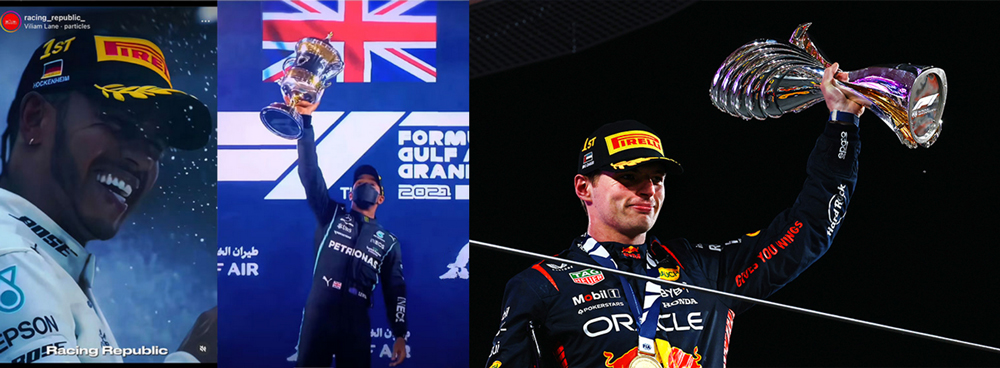Racing tactics cast shadow over new Monaco rule
Controversy Surrounds Mandatory Two-Stop Rule at Monaco Grand Prix
MONACO – What promised to be a dramatic shake-up in the Monaco Grand Prix fizzled out into a contentious and predictable affair, with many drivers and team bosses openly criticizing Formula 1's newly introduced mandatory two-stop rule. Among the most vocal was Williams’ Carlos Sainz, who labeled the tweak as too easy to “manipulate.”
The new rule, designed to inject unpredictability into one of the calendar’s most processional tracks, mandated each driver to make at least two pit stops. While the intent was clear—spice up the racing spectacle—the execution came under fire. Ultimately, the race unfolded in a fashion all too familiar, with limited overtaking and a finishing order that mirrored Saturday's qualifying results.
“The spirit of the sport, I don't think, should be to manipulate a race outcome,” Sainz said post-race. “In the past, there were huge penalties for manipulating a race, I remember. Honestly, I think the sport should look at a way where manipulating a race outcome with the pace shouldn’t be allowed, when it’s as obvious as it was today.”
Sainz was not the only voice of dissent. Seven-time world champion Lewis Hamilton provided a more measured response but agreed that more work is needed.
“Definitely. They need to keep on trying with this one,” Hamilton said. “[But] it felt very similar to the previous time.”
Racing Bulls Exploit the Rule
The biggest talking point of the weekend centered around the way Red Bull’s junior squad, Racing Bulls, exploited the revised rules. Leading their charge was Liam Lawson, who deliberately backed up the field in the early laps, creating a sizable gap behind him. This strategy ultimately gifted his teammate, Isack Hadjar, two free pit stops due to running in clear air ahead of the traffic Lawson manufactured.
Hadjar capitalized on the advantageous track position to secure sixth place, while Lawson himself managed to finish eighth, ahead of the Williams pairing of Alex Albon and Carlos Sainz. However, Lawson’s strategy didn’t sit well with some of his competitors—in particular, with Williams and their team principal, James Vowles.
“[We were] four seconds off the pace at some stages of the race,” Vowles admitted. “[We were] victims first of Lawson, who managed to lose 40 seconds intentionally, and then Isack, who got two pit stops effectively for free. Ultimately, we had to do the same thing with Alex and Carlos just to get two cars into the points.”
Backlash Sparks Regulatory Questions
The backlash in Monaco has reignited discussions around the clarity and integrity of race regulations. A number of teams and drivers have argued for amendments to prevent similar situations in the future. Sainz, clearly unimpressed with Racing Bulls’ tactics, said the incident exposed a major flaw in the tweaks introduced by Formula 1 this weekend.
“Racing Bulls’ approach showed what the biggest issue with this rule is,” Sainz said. “The spirit of competition isn’t supposed to be about gaming the system like this.”
A more cutting critique came in the form of Sainz’s historical comparison to Formula 1’s infamous ‘Crashgate’ scandal in 2008—an event that saw Renault’s Nelson Piquet Jr. controversially crash on purpose to assist teammate Fernando Alonso.
Monaco’s Ongoing Overtaking Challenges
Monaco has always been challenging territory for overtaking due to its tight layout, and the two-stop rule was billed as a remedy. The disappointing outcome left fans and teams alike questioning the efficacy of the change. While some, like Hamilton, remain open to further exploration, the broader consensus appears to be that tweaks alone won’t suffice unless the potential for exploitation is addressed.
Lessons for the Future
As the paddock moves on to the next venue, the FIA will likely have to work overtime to refine or revisit the rule entirely. Monaco 2023 may ultimately be remembered not for the racing, but for yet another lesson in unintended consequences in Formula 1’s quest for unpredictability.
Up Next



